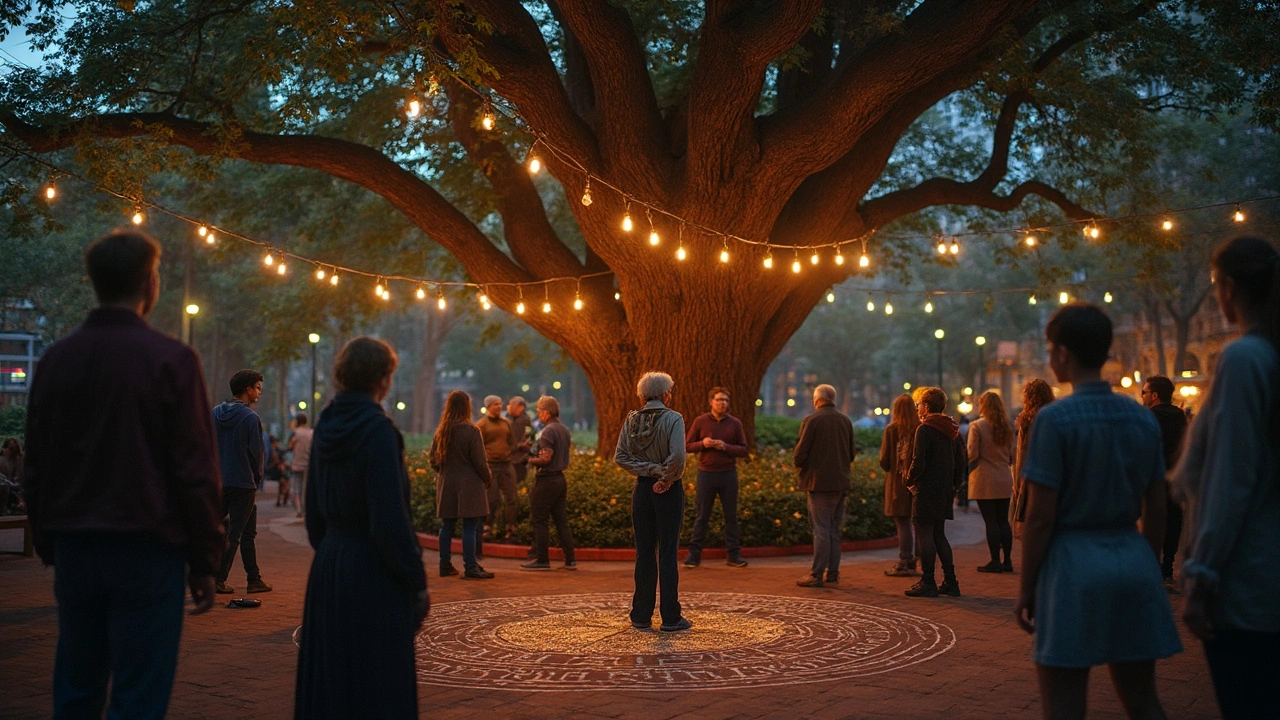Urban Legends in Health: What’s Real and What’s Not
You’ve probably heard a weird story about a drug that sounds too crazy to be true. Maybe a friend warned you about a supplement that can “cure anything” or a rumor that a common painkiller causes organ failure. Those tales spread fast, but they rarely stand up to facts.
In the age of social media, a headline can go viral before anyone checks the source. Fear, curiosity, and a pinch of drama make these stories stick. When a claim sounds scary, it grabs attention and gets shared, even if it’s totally made up.
Believing a false claim can mess with your treatment choices. You might skip a life‑saving vaccine or overdose on a “miracle” herb because you think it’s harmless. Knowing the truth protects your health and keeps you from costly mistakes.
Why These Myths Stick Around
People love stories that explain the unknown. A mysterious side effect gives a simple answer to a complex medical question. That emotional hook makes the myth memorable, even when science says otherwise.
Reliable information isn’t always easy to find. Official guidelines are written in technical language, while a catchy myth is written in plain, dramatic terms. So many turn to the quick answer on a forum instead of digging deeper.
Authority bias also plays a role. If a well‑known influencer or a “doctor” on YouTube repeats the myth, followers accept it without question. The prestige of the source can outweigh the lack of evidence.
Top 5 Medication Myths Busted
Myth 1: Vaccines cause autism. The claim started from a discredited study and has been debunked by dozens of large‑scale research projects. No credible data link vaccines to autism.
Myth 2: All antibiotics kill good bacteria forever. Antibiotics do affect gut flora, but the impact is temporary. Probiotics and a balanced diet help the microbiome bounce back after treatment.
Myth 3: You can never take Tylenol with alcohol. Small amounts of alcohol won’t cause liver damage when a normal dose of Tylenol is used, but heavy drinking combined with high doses is risky. Moderation is key.
Myth 4: Taking a pill after a meal makes it useless. Food can slow absorption for some drugs, but most medications still work. Always check the label—some need to be taken with food, others on an empty stomach.
Myth 5: Natural supplements are always safe. “Natural” doesn’t mean “risk‑free.” Herbs can interact with prescription meds, cause side effects, or be contaminated. Treat supplements like any other drug—read the facts and consult a pharmacist.
Urban legends thrive on mystery, not science. The best defense is a habit of checking reliable sources—peer‑reviewed studies, official health agency websites, or a qualified pharmacist. When a story feels too dramatic, pause, verify, and make a decision based on evidence, not fear.
- By Leona Ashfield
- Lifestyle
- 11 Comments
Conjubrook: Exploring the Hidden World of Modern Magical Communities
Dive into Conjubrook: a look inside the secret world of modern magical communities, rituals, and myths. Explore the facts, urban legends, and how to spot traces of real magic.
